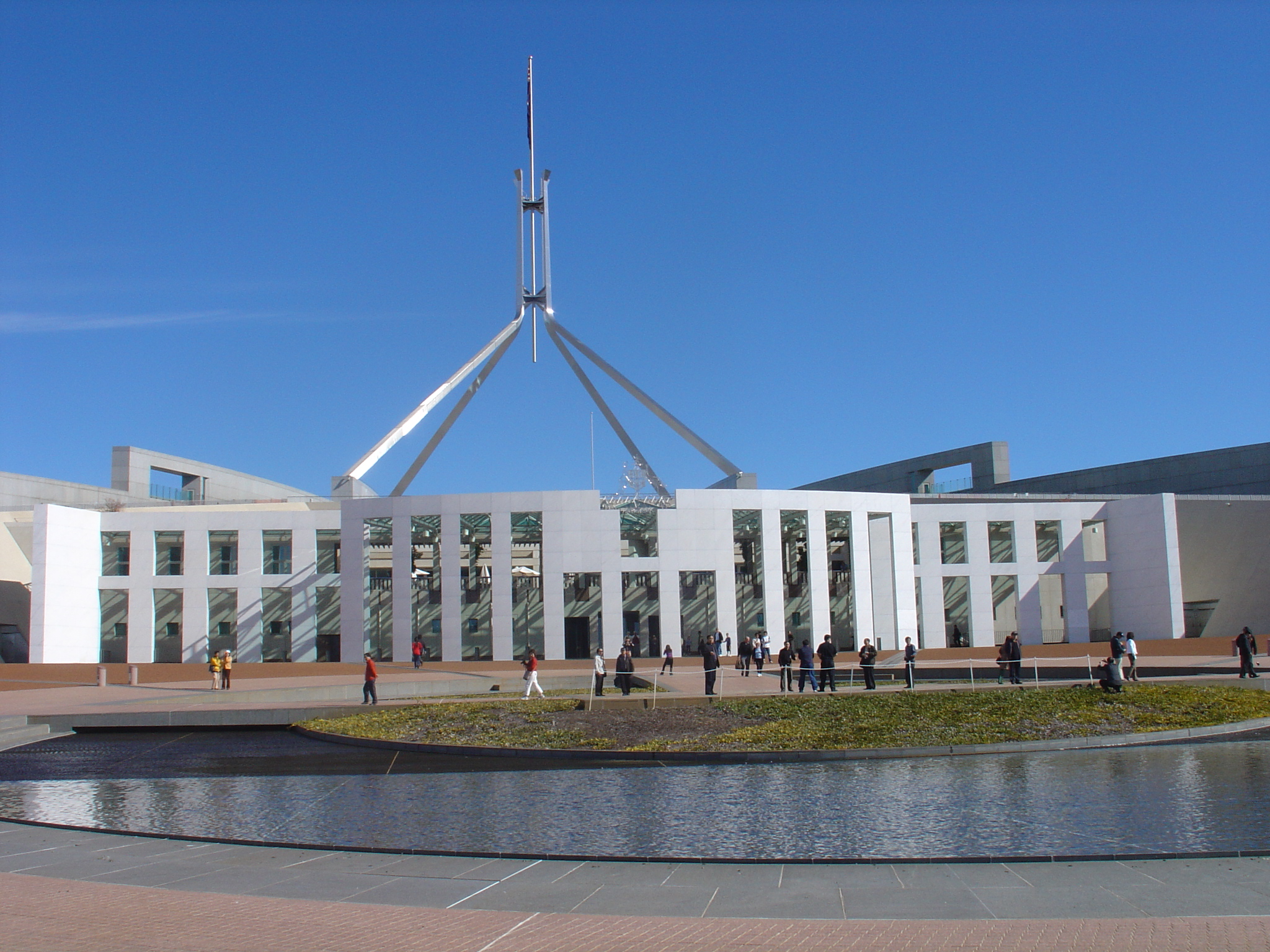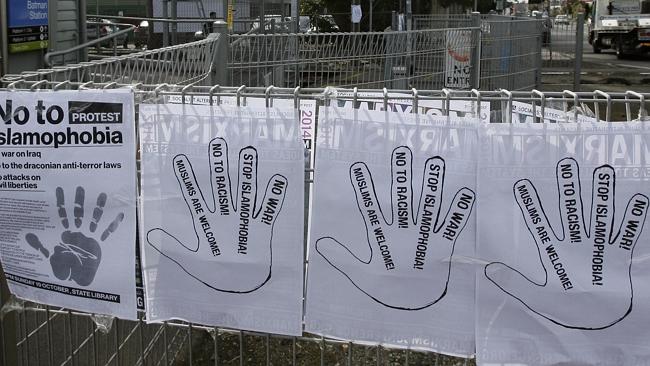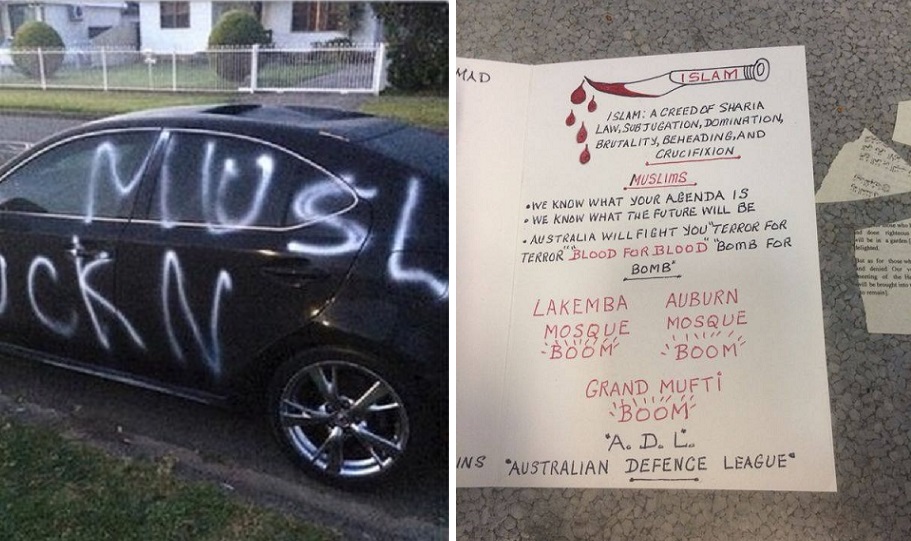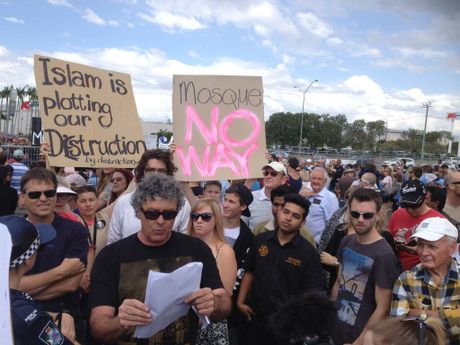 Anyone wearing “facial coverings” who wants to enter the galleries of federal parliament will be made to sit in a separate shielded section, according to new rules announced on Thursday.
Anyone wearing “facial coverings” who wants to enter the galleries of federal parliament will be made to sit in a separate shielded section, according to new rules announced on Thursday.
The new regulations, sent out to MPs, senators and parliamentary staff, do not specifically mention burqas but it follows days of heated debate about allowing women to wear the Islamic garment into public areas of parliament house.
A campaign to ban the burqa at parliament had been led by Liberal senator Cory Bernardi, who has been calling for a public ban on the garment for years. Speaker Bronwyn Bishop, who has previously called for a ban on the hijab in schools, has asked Asio and the federal police to assess the security risks of people wearing full facial coverings coming into the public area of parliament house.
The Department of Parliamentary Services emailed around the new rules in an “information circular” on Thursday, but the measures were approved by the presiding officers of the House of Representatives and the Senate, Bronwyn Bishop and Senate president Stephen Parry.
The email said the review was being undertaken, and advice sought from security agencies. In the meantime it announced three additional security measures, including the separating of people who wished to watch the House of Representatives or the Senate from the public galleries.
“Persons with facial coverings entering the galleries of the House of Representatives and Senate will be seated in the enclosed galleries,” read the email. “This will ensure that persons with facial coverings can continue to enter the Chamber galleries, without needing to be identifiable.”
Two other changes to the pass policy in the building were made, including a freeze on renewing or issuing sponsored passes, and the requirement of photo ID for all adult visitors. “Procedures are in place to ensure that DPS Security manage any cultural or religious issues relating to this in a sensitive and appropriate manner,” it said.
Comments by the prime minister on Wednesday that he did not support a ban but wished women did not wear them were slammed as divisive and harmful.




 Anti-Islam campaigners have begun a hate mail offensive targeting Maroochydore residents.
Anti-Islam campaigners have begun a hate mail offensive targeting Maroochydore residents. Police have swarmed an Islamic school in western Sydney after reports of an intruder threatening staff and students with a knife.
Police have swarmed an Islamic school in western Sydney after reports of an intruder threatening staff and students with a knife.